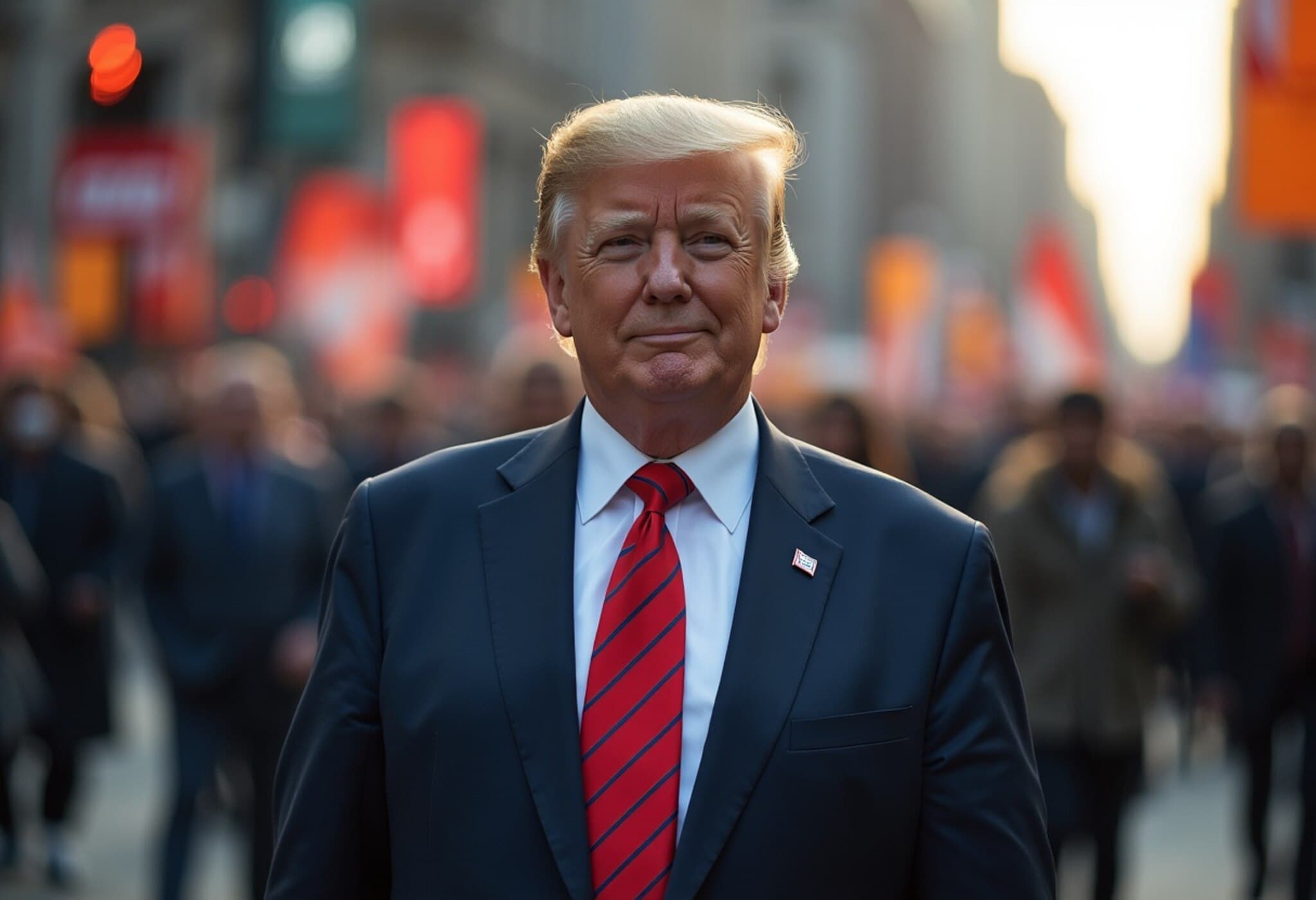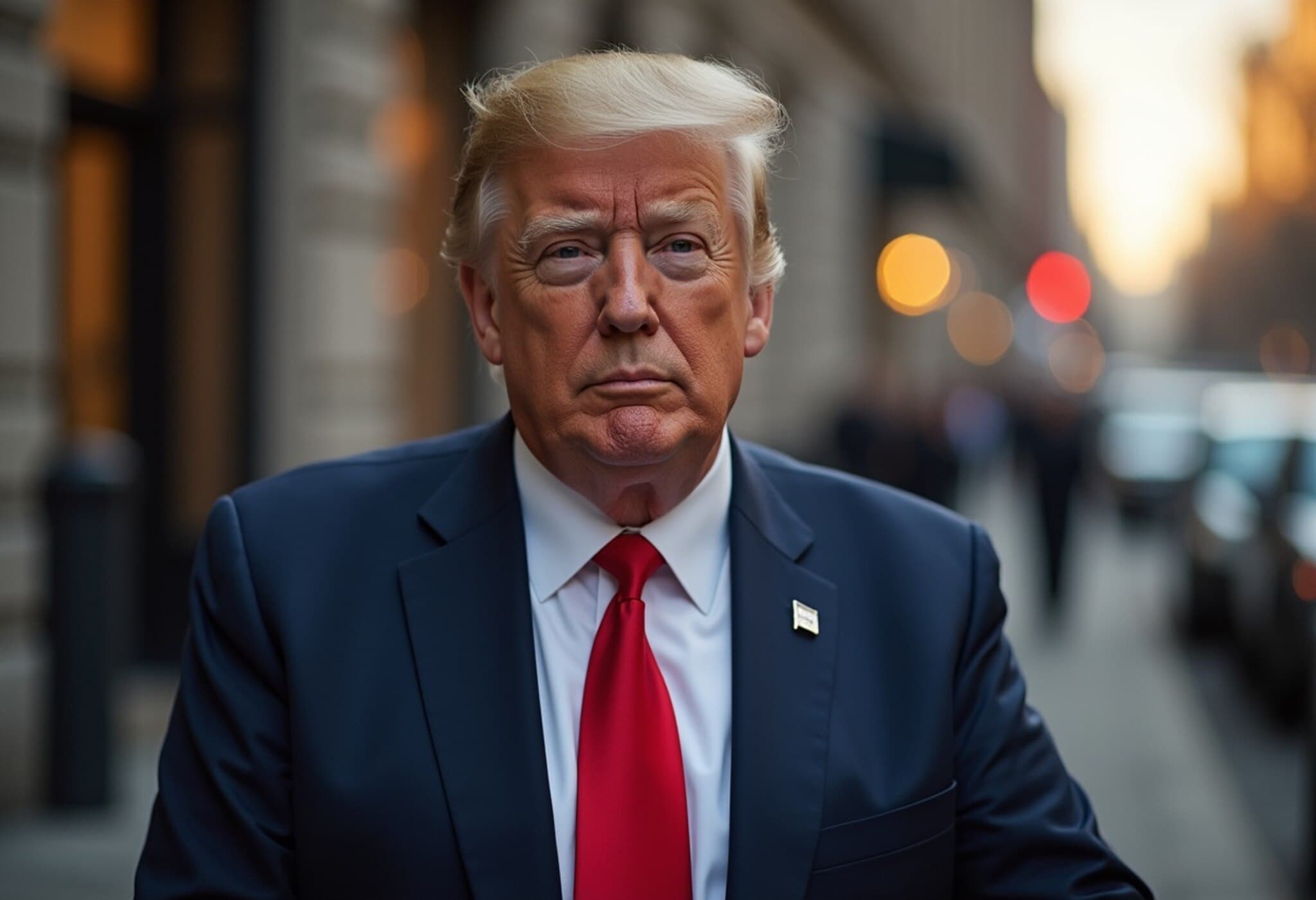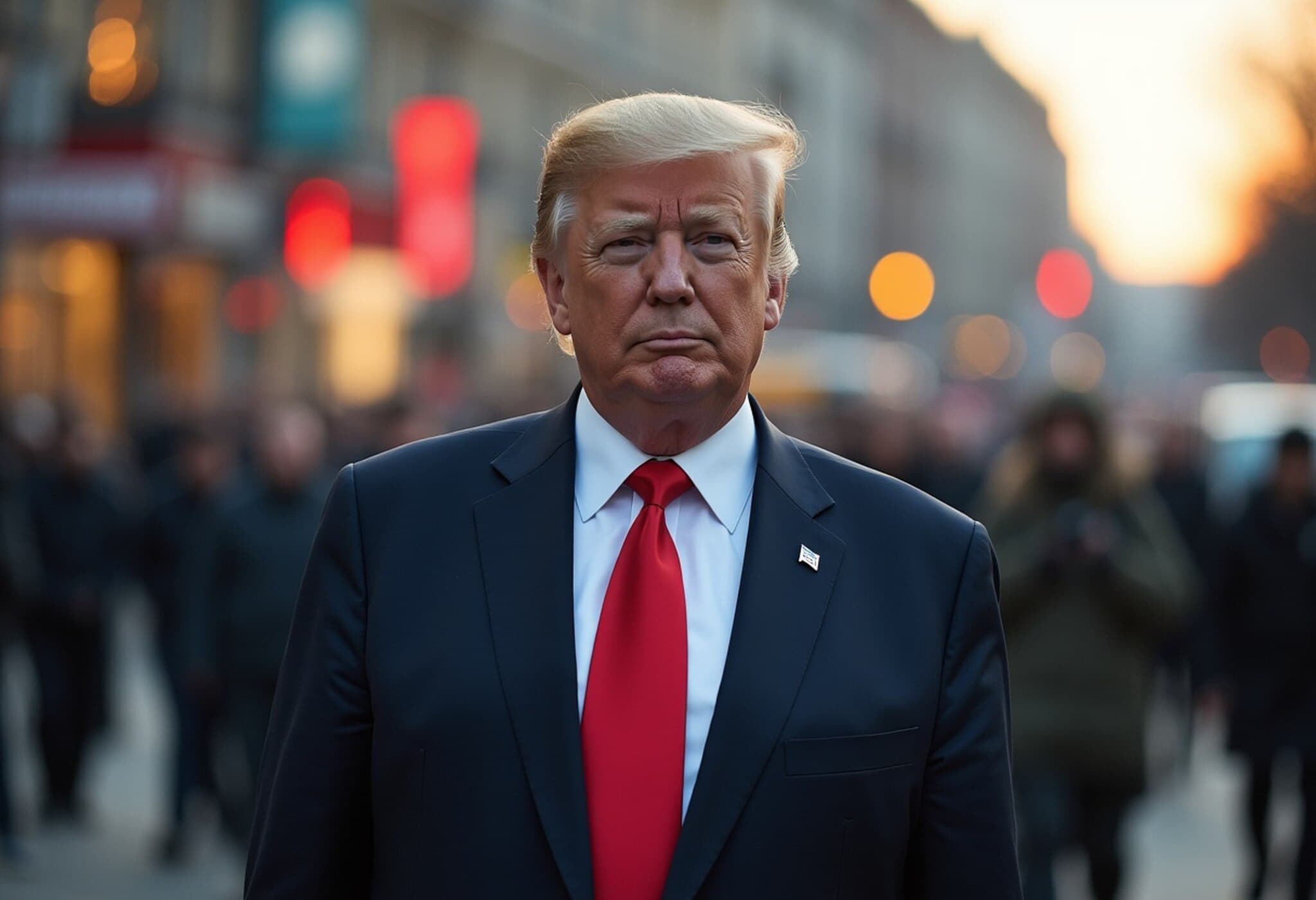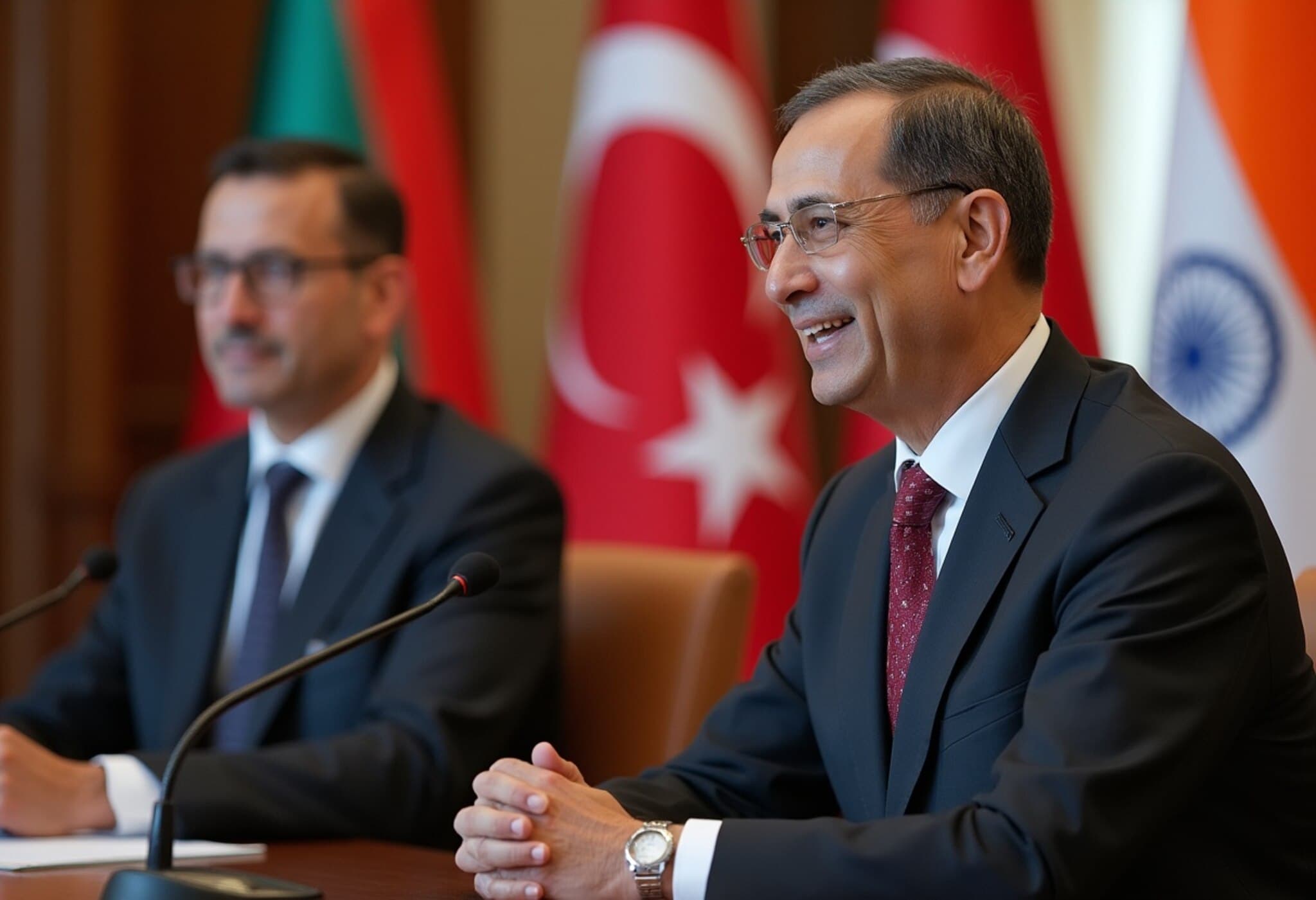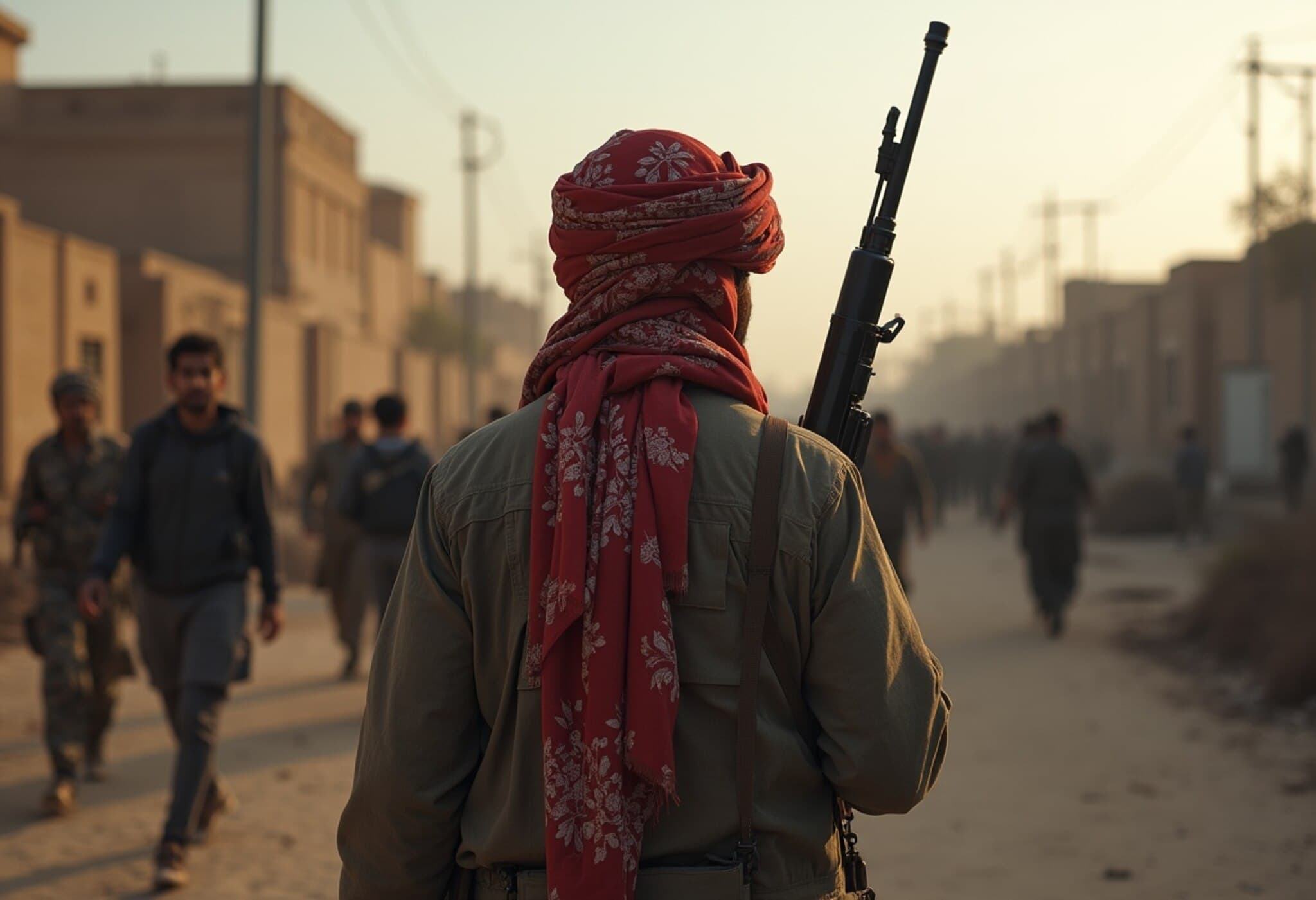US State Department's 2024 Human Rights Report Highlights Changing Priorities
The U.S. State Department’s recently released 2024 Human Rights Report has stirred debate for its markedly softer tone toward countries allied with former President Donald Trump, while intensifying criticism of some traditional U.S. allies in Europe, South Africa, and Brazil. Reflecting broader geopolitical shifts, the report signals a realignment in how Washington views global human rights challenges amid a polarized international landscape.
Behind the Scenes: A Report Transformed by Political Winds
Originally compiled mostly before Trump’s second term, the report underwent significant revisions after the new administration took office, revealing an intriguing glimpse into how political context can shape diplomatic narratives. This dynamic brings into sharp relief the intersection of human rights reporting with domestic and international political interests, raising critical questions about the role of such reports in promoting accountability versus advancing diplomatic agendas.
Notably Soft on El Salvador Amid Strong Trump Ties
The report’s assessment of El Salvador is among its most striking departures from prior editions. While the 2023 report documented “significant human rights issues,” including unlawful killings and harsh prison conditions, the 2024 edition states there were “no credible reports of significant human rights abuses.” This shift coincides with El Salvador’s closer relationship with Trump, particularly under President Nayib Bukele, who has controversially accepted illegal migrants deported from the U.S. to be held in a high-security prison. This revision invites scrutiny on how geopolitical alliances may influence human rights evaluations.
Shortened Criticism of Israel Amid Ongoing Gaza Crisis
Another notable change is the report’s truncated coverage of Israel. Unlike previous years, the 2024 edition barely addresses the devastating humanitarian crisis and rising death toll in Gaza. Experts argue this absence reflects Washington’s reluctance to confront its key Middle Eastern ally amid escalating tensions, leaving critical voices on the ground underrepresented.
Europe and Brazil Face Sharpened Scrutiny
In contrast, the report singles out certain U.S. allies for alleged infringements on freedom of speech, particularly targeting policies perceived to suppress right-wing political expression. South Africa’s human rights conditions are described as “significantly worsening,” with particular attention to the treatment of white Afrikaners—an often overlooked minority group that governed during apartheid. This focus sheds light on complex racial and political dynamics rarely highlighted in international discourse.
Brazil also faces pointed criticism. The Trump administration’s tense relations with President Luiz Inácio Lula da Silva’s government, especially over the legal proceedings against former President Jair Bolsonaro, are reflected in the report’s assertion that Brazilian courts have engaged in actions that “undermine freedom of speech” and disproportionately suppress Bolsonaro supporters. This raises deeper issues about judicial impartiality and political polarization in one of Latin America’s largest democracies.
Omission of LGBTQI Rights Concerns Raises Questions
A significant departure from previous reports is the near-complete omission of criticism regarding the treatment of LGBTQI communities globally—an area that had been prominently featured under the Biden administration. Observers suggest this silence may indicate shifting priorities or political sensitivities, potentially undermining advocacy for vulnerable groups worldwide.
Expert Insights: What Does This Mean for U.S. Human Rights Diplomacy?
- Politicization of Human Rights Reports: The evolving tone of the report underscores how human rights assessments are increasingly intertwined with U.S. political strategies, risking erosion of credibility and impartiality.
- Impact on Global Accountability: Softening criticism toward certain regimes may embolden authoritarian tendencies, while heightened scrutiny of allies could destabilize diplomatic partnerships.
- Underrepresented Communities at Risk: The omission of LGBTQI issues signals a potential setback for marginalized groups relying on international attention and protection.
- Legal and Judicial Independence Challenges: Highlighting judicial actions in Brazil brings democratic backsliding and judicial impartiality into the spotlight, critical areas for policymakers and human rights advocates.
Editor’s Note
The 2024 U.S. Human Rights Report paints a complex portrait of shifting geopolitical alliances influencing the framing of global human rights challenges. While some countries benefit from softened scrutiny tied to political alignment, others face intensified criticism potentially linked to ideological differences. This duality invites readers, policymakers, and activists alike to question how human rights are assessed on the world stage and to advocate for reports that uphold the highest standards of impartiality and inclusiveness. The report’s omission of pressing LGBTQI rights issues is especially concerning, reminding us that human rights reporting must evolve rather than regress if it is to serve as a credible instrument for justice and accountability.

